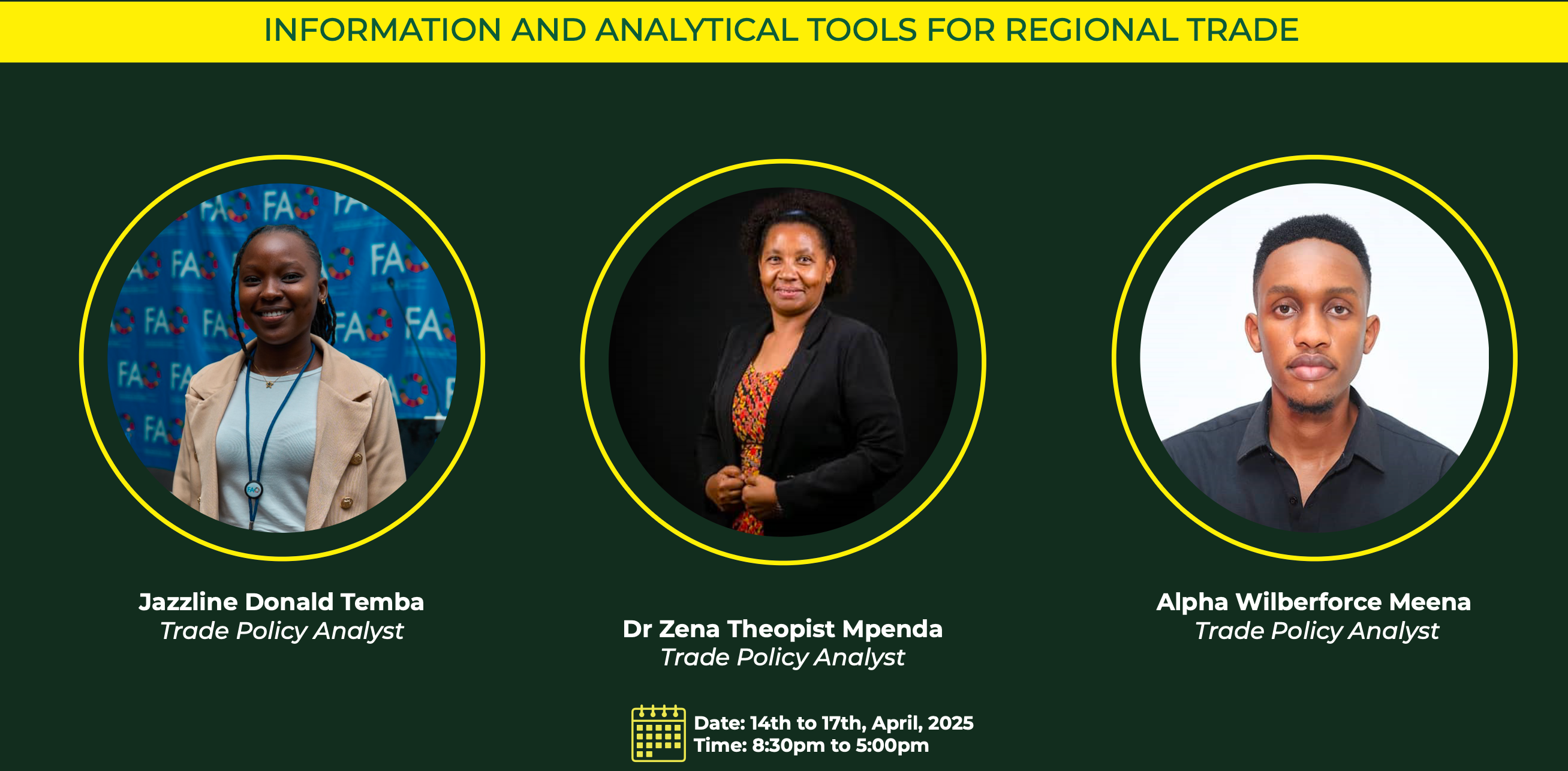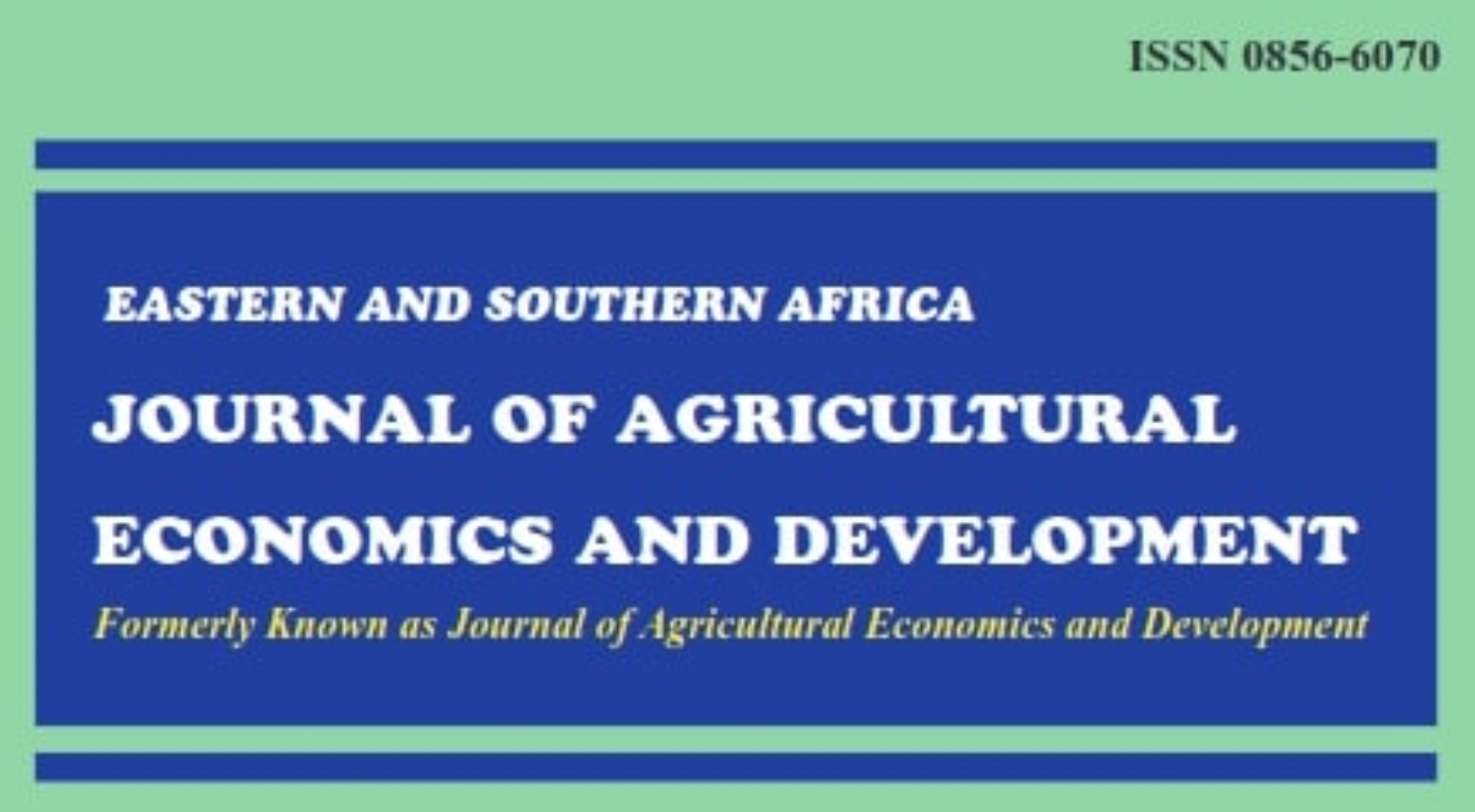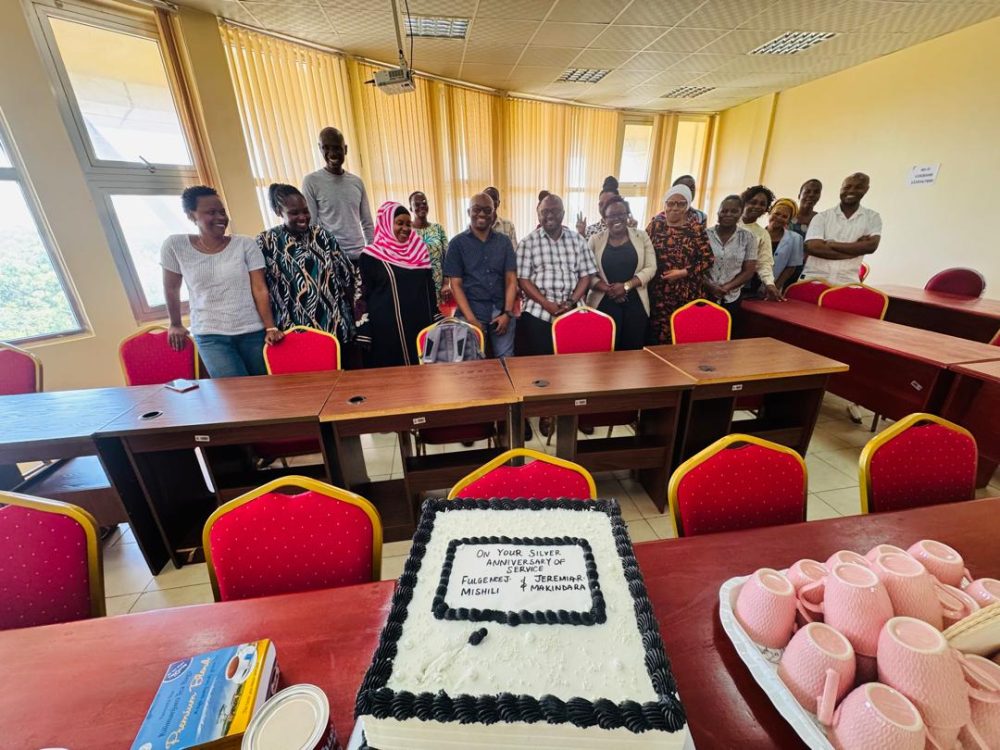School of Agricultural Economics and Business Studies (COEBS) is pleased to inform you that Dr. Angelique Kangondo who is a PhD student at School of Agricultural Economics and Business Studies has successfully defended his PhD titled: Rural youths’ choice of livelihood strategies and their effect on food security and income poverty in Rwanda, sponsored by DAAD through African Economic Research Consortium (AERC).
Dr. Angelique is a consultant in the field of agribusiness and post-harvest. She also works as a part-time lecturer at the University of Rwanda. She was enrolled as a PhD student at Sokoine University of Agriculture (SUA) in October 2017 in the Department of Agricultural Economics and Agribusiness, School of Agricultural Economics and Business Studies. Dr. Angelique is also a holder of MSc. Agricultural and Applied Economics.
She was supervised by; Prof. Mdoe N.S.Y (Department of Agricultural Economics and Agribusiness) Prof Mlay G.I (Department of Food and Resource Economics) and Dr. Ndyetabula D.W (Co. supervisor and Head of Department of Agricultural Economics and Agribusiness). The defence was held on Tuesday, 3rd November 2020 at COEBS, computer room with five panellists; Dr. Turuka (Chairperson), Dr. Damas Philip (Internal Examiner), Prof. Mdoe N.S.Y(Supervisor), Dr. Evelyn A. Lazaro (Appointee of the Dean) and Dr. Roselyne Alphonce (Appointee of the Head).
Summary of the Thesis
Arable land inadequacy and limited livelihood strategies are phenomena posing a challenge on rural food security and chronic poverty in Rwanda. This study identifies livelihood strategies pursued by rural youth, analyzes their returns to labour per day and determines factors influencing youth choices of livelihood strategies. Furthermore, the study evaluates the effect of choices of livelihood strategies on household food security and income poverty. The study uses data from the 2016/17 wave of Integrated Household Living Condition Survey, with a sample of 2811 rural youth. The results from descriptive analyses indicate that rural youths in Rwanda pursue seven livelihood strategies namely agriculture, non-farm wage employment, self-employment, agriculture plus non-farm wage, agriculture plus self-employment, non-farm wage plus self-employment, and agriculture plus non-farm wage plus self-employment. Of these livelihood strategies, non-farm wage plus self-employment, non-farm wage and self-employment are ranked as top three choices with the highest return to labour as they generate median daily income of 526 Rwandan Francs (RWF), 424 RWF and 357 RWF, respectively. Agriculture is the most practised livelihood strategy but less rewarding with a return to labour of 201 RWF per day and ranked sixth out of seven livelihood strategies. Findings from the first stage of Multinomial Endogenous Treatment Effect (METE) model reveal that age of youth, sex and education of both youth and household head, household size, distance to the nearest urban centre, land size, land productivity, access to information through radio, tv and mobile phones are significant determinants of rural youths’ choice of livelihood strategies. The estimates in the second stage of the METE indicate that non-farm wage, self-employment, agriculture plus self-employment, non-farm wage plus self-employment, agriculture plus non-farm wage plus self-employment strategies contribute substantially to household food security improvement and poverty reduction as opposed to agriculture. Based on these findings, this study concludes that agriculture is a necessary but not a sufficient livelihood strategy to sustain the lives of rural youth. There is therefore a need to create lucrative non-farm jobs to support agriculture in order to alleviate rural poverty, improve food security and ensure sustainable livelihoods.
Let’s join hands to congratulate her for the achievement.



